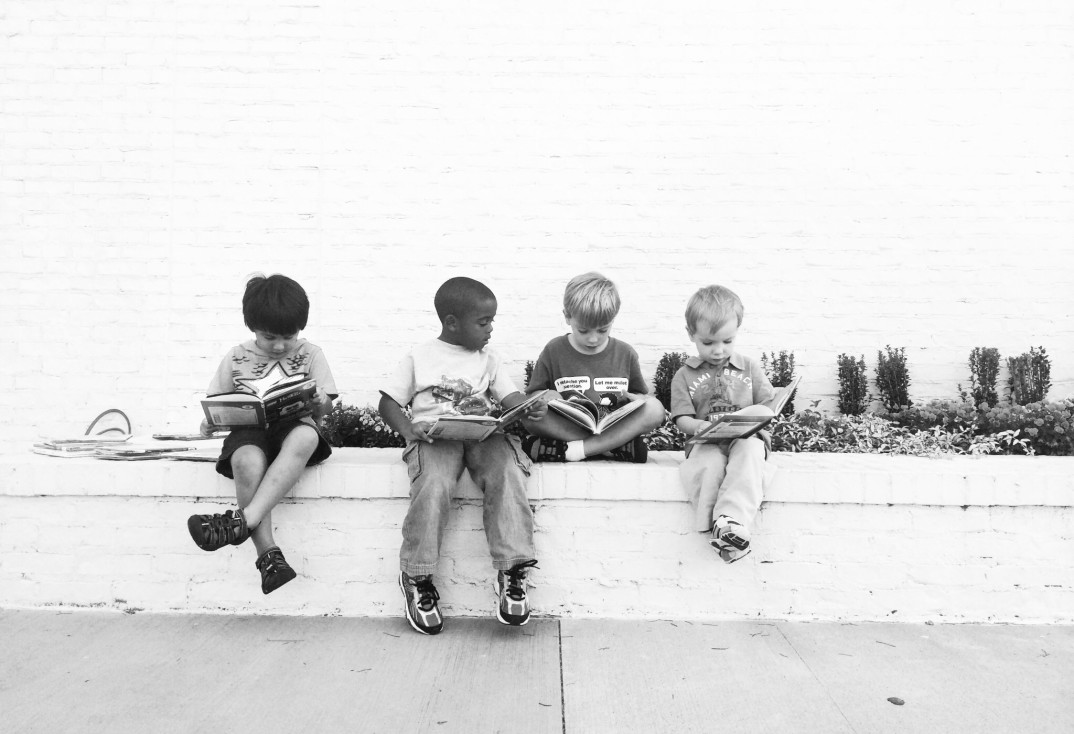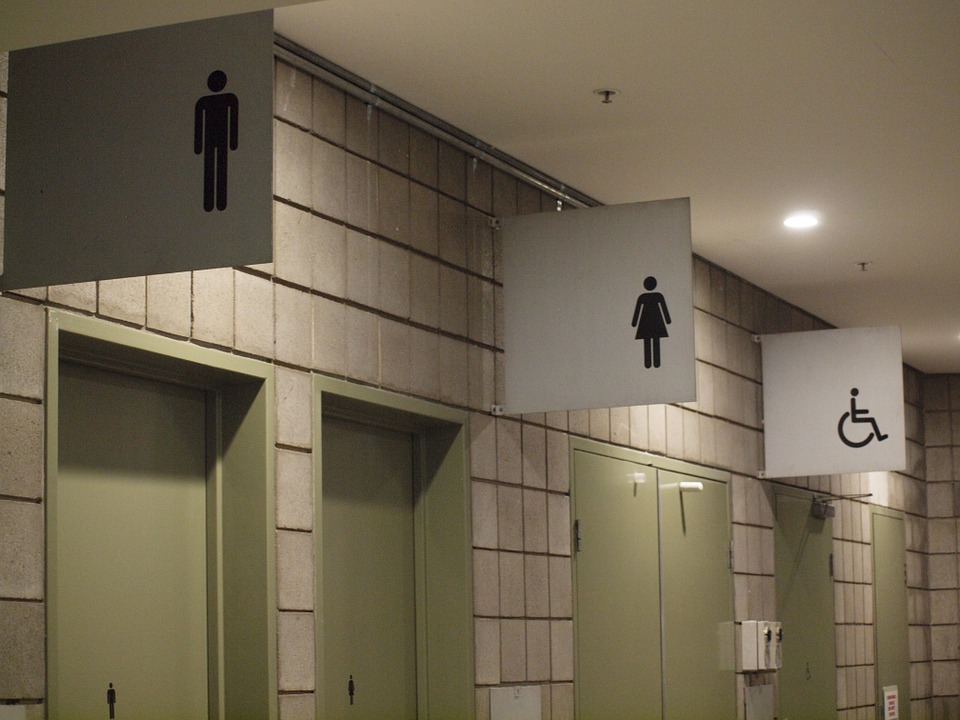Can Someone’s Dignity Be Taken Away?
This post originally appeared November 3, 2015
“Dignity” was invoked no fewer than 10 times by the supporters of gay marriage during the proceedings of the landmark Supreme Court decision legalizing gay marriage. Supreme Court Justice Anthony Kennedy used the term 8 times in the majority opinion of the court. He concludes the opinion of the court with these final words: “[The petitioners] ask for equal dignity in the eyes of the law. The Constitution grants them that right.” The take-away message is this: any sort of ban on gay marriage undermines the dignity of those couples and/or of homosexuals in general; anything that undermines dignity is unconstitutional.
Yet, not everyone on the bench agrees that the dignity of homosexuals is in peril with state-based restrictions on marriage. Supreme Court Justice Clarence Thomas argued that dignity is not at issue here:
Slaves did not lose their dignity (any more than they lost their humanity) because the government allowed them to be enslaved. Those held in internment camps did not lose their dignity because the government confined them. And those denied governmental benefits certainly do not lose their dignity because the government denies them those benefits. The government cannot bestow dignity, and it cannot take it away. (Obergefell V Hodges 2015)
This somewhat surprising point was quickly picked up by The Nightly Show host Larry Wilmore. During the June 29th episode immediately following the ruling, he asks, “Do you even know what slavery is? Slavery is the complete stripping of humanity and dignity. That’s the point of slavery. When do you think slaves were whipped? Whenever they tried to dare to show any humanity or dignity.”
Although Thomas and Willmore appear to disagree, it’s hard to say what the disagreement is really about. There is something right about what each of them says. Thomas is right to point out that when we say that someone has human dignity, we mean they have intrinsic value and that they are equal in value to other humans. Government policies, even policies permitting slavery, cannot diminish this human value. The intrinsic value of the slave and the slave owner is equal, even if the government says otherwise.
Wilmore’s take also gets something right. The slave holder or the slave state undermines the slave’s human dignity insofar as it fails to treat the slave with the respect that dignity demands. Moreover the slave owner forces the slave into a life not worthy of dignity. The central question is, how can you rob someone of something that is inalienable? If the answer is, “You can’t!,” as Thomas insists, then what are we to conclude about the role that dignity plays in explaining why slavery and discrimination are morally wrong?
Martha Nussbaum suggests that perspectives like that of Thomas’ are based in the ancient Greek tradition of Stoicism. The Stoics believed that all humans have intrinsic dignity on account of their moral rationality and this dignity is invulnerable to the misfortunes of life. No matter what harm or humiliation befalls you, your dignity remains intact. Nussbaum identifies a serious problem with the Stoics’ view of dignity: it lacks normative relevance or force. It cannot be used to condemn certain practices or even explain why certain actions are immoral. If Thomas is right, then the concept of a ‘human dignity violation’ is meaningless.
Contemporary ethicists including Nussbaum argue that this view should be replaced by one that takes into account the extent to which material conditions do impact someone’s dignity.
Contemporary views of the concept of dignity tend to recognize it as having both descriptive and prescriptive aspects. Dignity describes a particular human property (the property of having intrinsic value) while at the same time providing moral reason to refrain from enslaving, degrading, or otherwise denying a person equal rights. Recognizing dignity as having these dual roles allows us to explain the wrongness of certain moral practices we otherwise couldn’t. For example, slavery is clearly a violation of dignity. Denying someone a set of rights enjoyed by all others simply because of their sexual orientation is also, for many, a dignity violation.
Thomas’ view of human dignity is at best parochial. He appears blind to the vital prescriptive role that the concept of dignity plays in everyday discourse concerning our duties to each other. Appeals to dignity underlie our reasons to treat others with respect and explain our moral outrage when governments fail to recognize these reasons. At worst, Thomas provides fodder for denying certain minorities equal rights. This view should be jettisoned in favor of one that provides explanation for why practices such as slavery or discrimination are morally wrong. Wilmore is right to point out that dignity is of central importance in debates concerning the treatment of minorities, especially the treatment of minorities by their government.





